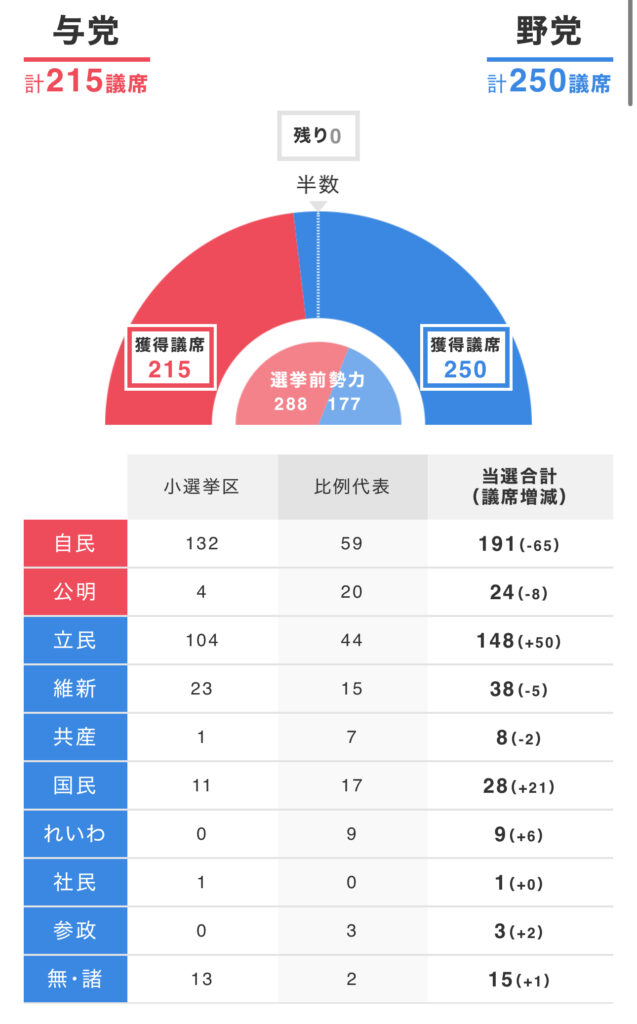경제 정책에서 정부의 역할은 무엇일까요? 대한민국에서는 대기업 중심의 대외 경제에 민감한 구조를 가진 정부의 행정 지원과 국회의 법제화 없이는 개인들의 경제 활동에 어려움이 발생할 수 있습니다. 그래서 정치 단체들은 경제 정책을 신중하게 발표하며, 다른 어떤 정책보다 우선시하는 경향이 있습니다. 이러한 경향은 한국뿐만 아니라 일본에서도 마찬가지입니다. 예를 들면, 아베노믹스나 소비세 철폐와 같은 정책은 개인들의 실질 소득을 증가시키기 위해 정치가 노력하는 사례입니다.
하지만 정치인들이 경제 중심 정책을 발표함에도 불구하고, 개인들의 소득은 점차 줄어들고 있습니다. 한국과 일본 모두 절약이 일상이 되고, 그동안 누리던 사치는 점점 사라지고 있습니다. 어쩌면 지금까지 우리가 경험했던 소비 생활은 역사적으로 기적적인 시기에 해당할지도 모릅니다. 가끔은 정치인들이 경제에 대해 아무것도 하지 않는 것이 더 나을 것 같다는 웃픈 이야기마저 나옵니다. 그 이유는 개인과 그 삶에 대한 최종적인 책임과 기반은 결국 개인에게서 시작되기 때문입니다.
가정을 이루는 개인은 자신의 가족 공동체를 지키기 위해 이웃 가정에 의존하지 않습니다. 우선 자신의 가정을 지키기 위해 가족들과 힘을 합쳐 여러 문제를 해결해 나가야 하죠. 그리고 이런 실질적이고 현실적인 활동이 개인과 공동체가 합리적으로 행동하도록 유도합니다. 더 나아가 이웃과 좋은 관계를 형성하게 하고, 지역 사회 문제에 관심을 갖게 하죠. 이러한 자연스러운 정치적 과정은 궁극적으로 국정 운영에도 영향을 미칩니다.
개인에서 시작해 공동체, 지역, 국가로 확장되는 점진적인 정치적 활동은 인간 사회에서 자연스러운 흐름입니다. 그러나 정치인들이 민생 경제에 과도하게 개입하면, 개인들 간의 불화를 초래하거나 공동체의 연대감을 끊어버리는 결과를 낳을 수 있습니다. 너무 구체적이고 세세한 법제화는 인간 사회의 자연스러움을 파괴하는 원인 중 하나입니다. 우리는 더욱 작은 정부와 개인들의 자유로운 경제 활동을 위한 법제화만을 지지합니다.
Obsession with Economic Policy – Should the Government Lead?
What is the role of the government in economic policy? In a structure that is sensitive to a large corporation-centered external economy, administrative support from the government and legislative frameworks from the parliament are essential to prevent disruptions in individual economic activities. As a result, political groups tend to prioritize economic policies, often placing them above other policy areas. This political trend is not limited to Korea but is also evident in Japan. Examples include policies such as Abenomics or the abolition of consumption tax, which aim to increase individuals’ real income.
However, despite the introduction of economy-centered policies by politicians, personal incomes are steadily declining. Both in Korea and Japan, frugality is becoming a part of daily life, and the luxuries people once enjoyed are increasingly being abandoned. Perhaps the consumer lifestyle we have experienced up until now was part of a historically exceptional period. At times, there’s even a half-joking sentiment that if politicians did nothing about the economy, things might improve. This is because the ultimate responsibility and foundation for a person’s life must begin with the individual.
A person who forms a household does not ask their neighbor to protect their family community. First, they work together with their family to overcome various challenges. This practical and realistic engagement naturally leads individuals and communities to act rationally. It also fosters good relationships with neighbors and increases concern for local issues. This organic political process eventually influences national governance.
The gradual expansion of political activity from the individual to the community, region, and nation is a natural flow in human society. However, excessive government intervention in the people’s economy can sometimes disrupt harmony between individuals or break the bonds within communities. Overly specific and detailed legislation is one of the factors that can destroy the naturalness of human society. We support smaller government and only those laws that ensure individuals’ freedom to engage in economic activities independently.

